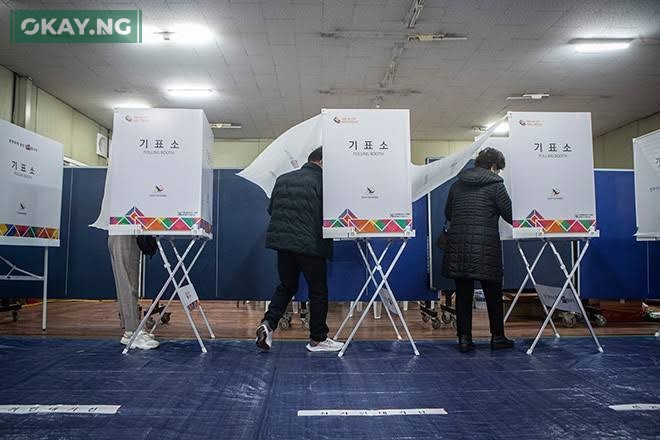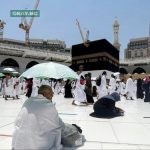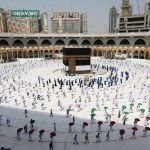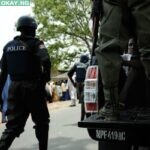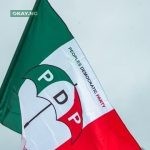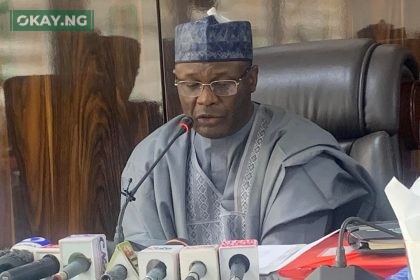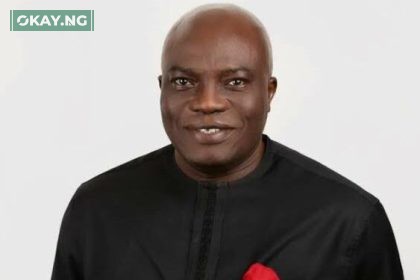South Korea commenced voting on Tuesday in a snap presidential election, concluding a turbulent chapter in its political history triggered by former President Yoon Suk Yeol’s controversial martial law declaration and subsequent impeachment.
Polls opened at 6:00 a.m. local time, with voters lining up in districts nationwide, including Munrae-dong in Seoul. Elderly voter Yu Bun-dol, 80, was among the first in line. “We were the first to arrive with the hope our candidate gets elected, and because the presidential election is the most important,” she said. Yu voiced support for the People Power Party candidate.
According to the National Election Commission, more than a third of eligible voters had already cast their ballots in a two-day early voting session held last week.
This election is largely seen as a litmus test for the conservative establishment after Yoon’s military intervention in parliament incited outrage and led to his historic removal. Analysts suggest the political fallout has left the People Power Party deeply fractured, with disillusionment extending to its traditional base.
The liberal Democratic Party’s Lee Jae-myung leads the race, holding a strong margin in most polls. Gallup’s recent findings put Lee at 49%, far ahead of his conservative rival Kim Moon-soo, who is polling at 35%. The Democratic Party already commands a legislative majority.
Experts note that public concern over the martial law crisis and subsequent leadership vacuum—especially as it coincides with the early months of U.S. President Donald Trump’s second term—has galvanized voter sentiment.
“Polls show the election is largely viewed as a referendum on the previous administration,” noted Kang Joo-hyun, a professor of political science at Sookmyung Women’s University.
Adding to conservative woes, Kim Moon-soo’s inability to form a united front with Reform Party hopeful Lee Jun-seok may further split the right-wing vote. This marks the second time in under a decade that a conservative president has been ousted, the first being Park Geun-hye in 2017.
“Conservative politics was associated with competent governance, but it’s now hard to argue that they remain capable,” said Kang Won-taek, a Seoul National University political science professor.
Due to the nature of the snap vote, the winner will assume office immediately after the National Election Commission certifies the results. Voters exhausted by interim governance hope this election ushers in stability.
In the liberal stronghold of Gwangju, 65-year-old retired teacher Jung Se-yoon reflected on the significance of the day. “It will take far too long for the country to get back on its feet if we miss this chance,” she said.
Political observers are monitoring not only the victor but also the vote margin. “The focus won’t be on whether Lee will win, but on whether he will secure more than 50 percent of the vote,” explained Bae Kang-hoon, co-founder of the think tank Valid. “If he does, it would give him a significant boost in momentum to govern as president.”
Presidents in South Korea serve a single five-year term. The outcome of today’s vote will determine the nation’s direction following one of the most chaotic episodes in its democratic journey.


